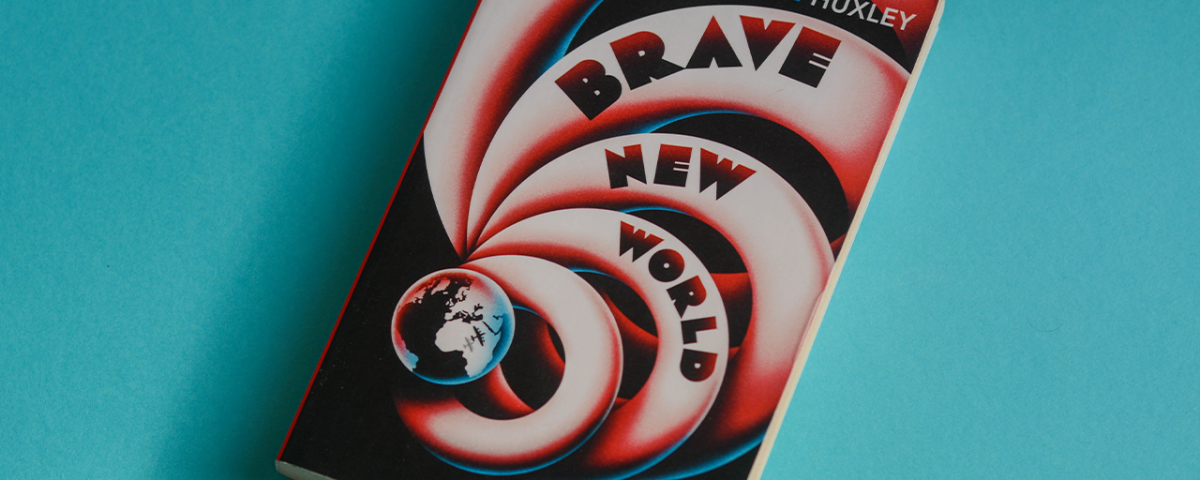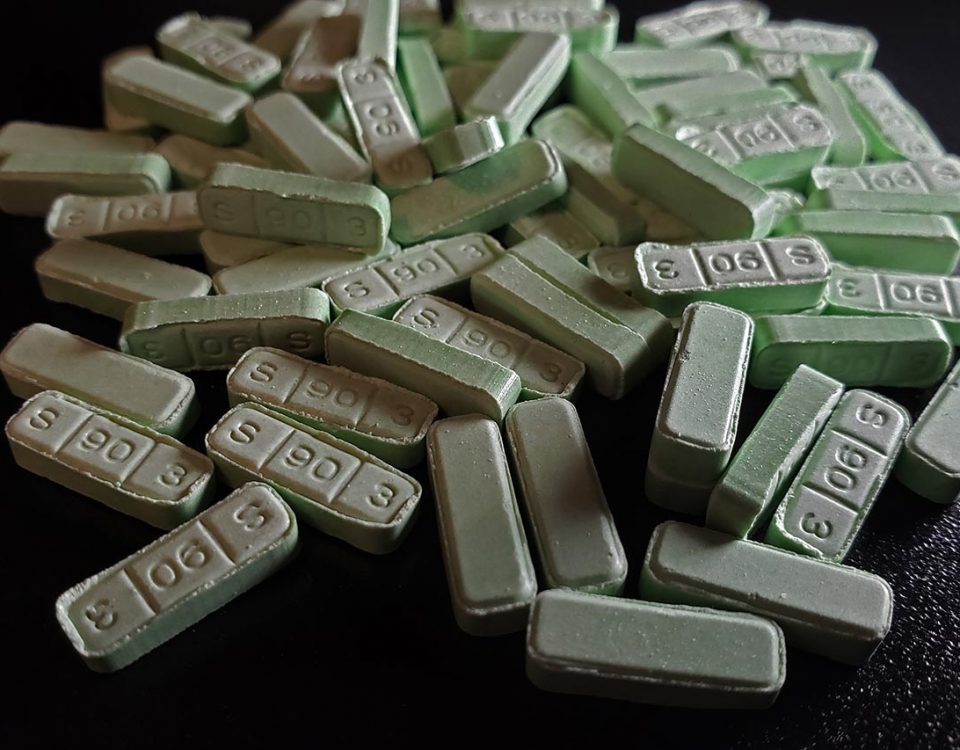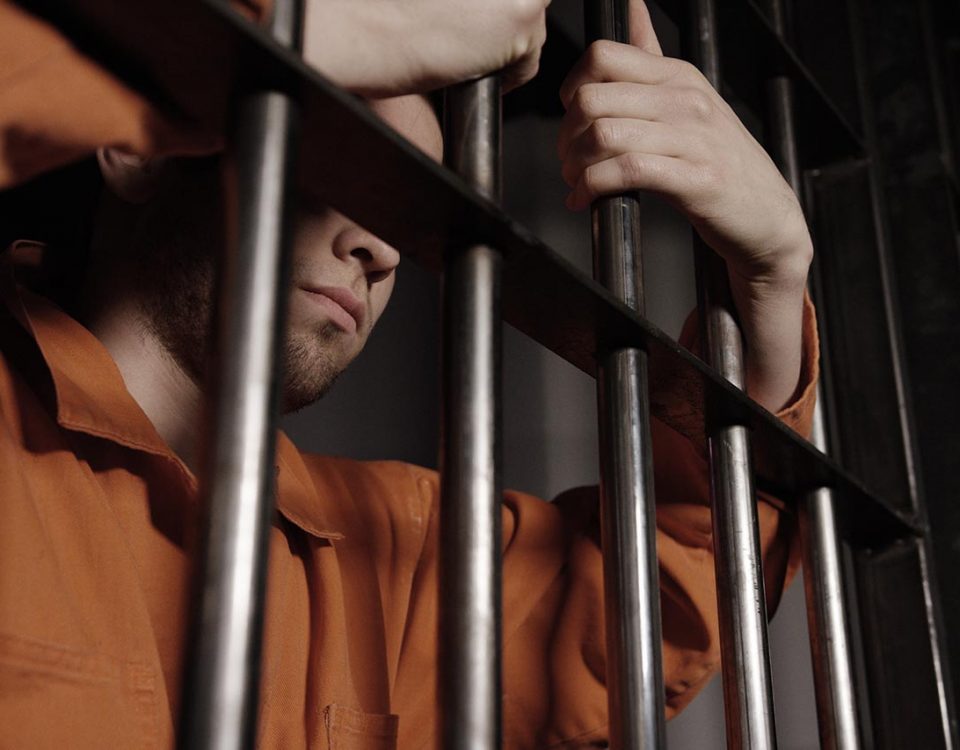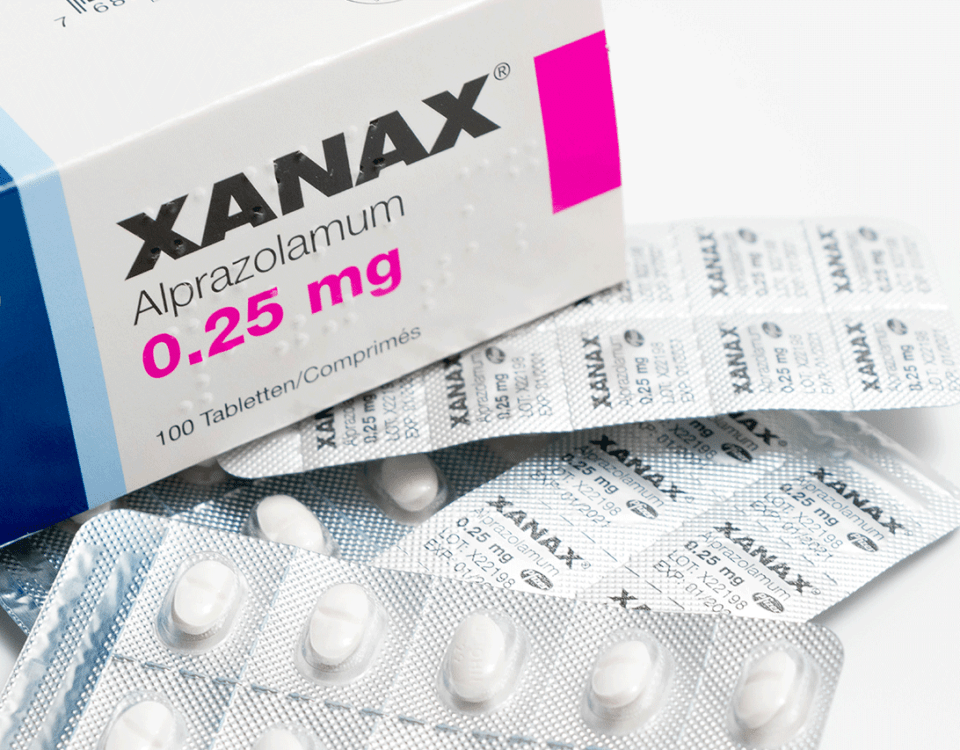Writers are notorious for turning to drugs and alcohol either for inspiration or escape. Like artists who engage in substance abuse to inspire the creative process and cope with mental illness, many drug addict writers became engaged in the world of addiction. Below are some famous authors addicted to drugs and alcohol and their stories.
11 Famous Drug Addict Writers
From famous opium addicts like British romantic poet John Keats (1795-1821) to alcoholic writers like U.S. playwrights such as Tennessee Williams (1911-1983), below are the stories of some of the world’s most famous writers with drug addictions.
Aldous Huxley (1894 - 1963)
Author of A Brave New World, this literary genius took large amounts of mescaline, which is attributed to many of his great works. Mescaline is a naturally occurring psychedelic that’s known for its hallucinogenic effects. In addition to this drug, Huxley reportedly used LSD and mushrooms, as well.
Ayn Rand (1905 - 1982)
Alisa Zinov'yevna Rosenbaum A.K.A. Ayn Rand is known for her two greatest novels: The Fountainhead and Atlas Shrugged. However, as is the case with some writers, Rand found the task of writing well-loved novels exhausting and challenging. To cope with the demands of her job (and even control her weight,) she began using the amphetamine Benzedrine by prescription. After years of using the drug, she was deeply addicted and even once claimed that these amphetamines allowed her to meet her publishing deadlines. In the end, Rand’s amphetamine addiction lasted for 30 years.
Dorothy Parker (1893 - 1967)
Dorothy Parker’s life was marked by comedy and tragedy. She was a beacon of literary writing and was even the founder of the Algonquin Round Table, a group of writers who met daily at New York City’s Algonquin Hotel for lunch. Parker struggled with depression her whole life and even attempted suicide several times. To cope, she drank heavily, all the while being a prolific builder of short stories, articles, and book reviews. She also collaborated on plays and movie scripts. Parker’s alcoholism lasted until she died of a heart attack at the age of 73.
Dylan Thomas (1914 - 1953)
Welsh poet Dylan Thomas was known for his short radio broadcasts and short stories. His use of “original, rhythmic and ingenious use of words and imagery” earned him the reputation of “one of the most important Welsh poets of the 20th century.”1 However, another aspect of Thomas’s life drew much attention – his drinking. This habit earned him another not-so-favorable reputation as a “roistering, drunken and doomed poet.”2 It was his drinking that led to his early death at a New York Hospital at age 39.
Elizabeth Barrett Browning (1806 - 1861)
Known for the line, “How do I Love Thee? Let me count the ways.” Elizabeth Barrett Browning is a Victorian poet who started taking narcotics for a spinal problem. To relieve pain from other illnesses she developed over the years, Browning started taking a tincture of opium called laudanum as well as morphine. Eventually, she became addicted to opium, to which her intense visions and musings in her works were attributed. Browning described opium as a “calming remedy” and relished its tranquilizing powers. How much did she use? Well: “Opium – opium – night after night.”3
Hunter S. Thompson (1937 - 2005)
Hunter Stockton Thompson was an American journalist and author who founded the gonzo journalism movement. He rose to fame with the publication of Hell’s Angels, a book he spent a year living and riding with the Hells Angels motorcycle gang to write based on firsthand experiences. In addition to immersing himself in the motorcycle gang scene, Thompson also immersed himself in mescaline, LSD, cocaine, alcohol, and so on.
Jean-Paul Sartre (1905 - 1980)
Jean-Paul Charles Aymard Sartre was a key figure in the philosophy of existentialism. Sartre wore many hats, including one of playwright, novelist, screenwriter, political activist, biographer, and literary critic. He was also a leading figure in 20th-century French philosophy and Marxism. Unfortunately, like Ayn Rand, Sartre abused amphetamines and other drugs like alcohol, tobacco products, aspirin, barbiturates, and caffeine to cope with the demands of his work.4
Louisa May Alcott (1832 - 1888)
Louisa May Alcott was an American novelist, short story writer, and poet best known as the author of Little Women and its sequels Little Men and Jo's Boys. While many have heard of Little Women, few know that Alcott actually struggled with drug addiction. The writer began using morphine to ease the after-effects of typhoid fever she contracted working as a nurse during the Civil War. At the time, mercury was used to cure the illness, which led to symptoms like pain, weakness, and hallucinations.
Philip K. Dick (1928 - 1982)
Another author on our list of drug addict writers is American science fiction writer Philip Kindred Dick. He wrote 44 novels and around 121 short stories, most of which appeared in science fiction magazines. He was known for his unique brand of science fiction, which often told stories of main characters that would experience catastrophic changes in perception brought on by exotic drugs and substances. It turns out that Dick wrote from experience. His writing was fueled by amphetamines, marijuana, mescaline, LSD, sodium pentothal, and even PCP. Eventually, however, the impact of these drugs was seen in his paranoid, anxious, and erratic behavior.
Robert Louis Stevenson (1850 - 1894)
Robert Louis Stevenson was a Scottish novelist, essayist, poet, and travel writer who wrote works like Treasure Island, The Strange Case of Dr. Jekyll and Mr. Hyde, Kidnapped, and A Child's Garden of Verses. What many didn’t know was that the white powdery substance mentioned in The Strange Case of Dr. Jekyll and Mr. Hyde was a very real drug for Stevenson. He was actually on a cocaine binge when he wrote this book, which was born from a drug-addled dream he had that night. Stevenson wrote 60,000 words in less than one week, including a manuscript of the novel he burned after his wife told him it wouldn’t gain popularity.
Stephen King (born 1947)
Arguably one of the most famous addicts out there, there are entire books that Stephen King doesn’t remember writing. During active addiction, King intertwined some of his worst alcohol-related experiences into his characters, such as Jack Torrance of The Shining, for example. Stephen King’s drug addiction and alcoholism started at the age of 18. His alcoholism developed into something more sinister when he was introduced to cocaine at Hollywood parties, after which he would abuse both cocaine and alcohol simultaneously.
King once stated about his addiction, “I didn’t just have a problem with beer and cocaine, I was an addictive personality, period. I was smoking two packs of cigarettes a day; I loved Listerine; I loved NyQuil; you name it. If it would change your consciousness, I was all for it.”5 Fortunately, following an intervention and drug and alcohol addiction treatment, King is sober and has since written an additional 40 books. He’s also a strong advocate for sobriety and has claimed that the idea of addiction fueling creativity is “one of the great pop-intellectual myths of our time.”6
Authors & Addiction Treatment
As a family of nationwide addiction treatment centers, Banyan Treatment Centers agrees with Stephen King when he said that the use of drugs to fuel creativity is a myth. As was evident in the lives of these drug addict writers, long-term substance abuse can lead to physical health problems, worsen mental illness, destroy relationships, and even lead to an early death.
If you or someone you know is struggling with drug or alcohol abuse, know that care is available. Our addiction treatment facilities offer various levels of addiction care ranging from inpatient to outpatient services to help people with all manners of addiction get clean. It’s never too early to get started.
Call us today at 888-280-4763 for more information about our Banyan Treatment Center locations and addiction treatment services.
Sources:
Taylor & Francis Online - Notes on the imagery of Dylan Thomas
Academi Gymreig - The Welsh Academy Encyclopaedia of Wales
Book Patrol - Sisters In Opium: Elizabeth Barrett Browning And Louisa May Alcott
The New Criterion - Sartre resartus
Lisa Rogak - Haunted Heart: The Life and Times of Stephen King
Goodreads - Stephen King, On Writing: A Memoir of the Craft
Related Reading:




















